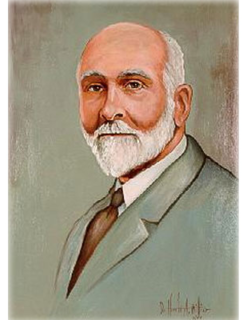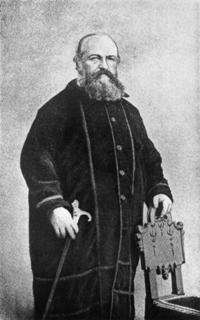A Quote by Ben Jonson
I see compassion may become a justice, though it be a weakness, I confess, and nearer a vice than a virtue.
Related Quotes
Taste and elegance, though they are reckoned only among the smaller and secondary morals, yet are of no mean importance in the regulations of life. A moral taste is not of force to turn vice into virtue; but it recommends virtue with something like the blandishments of pleasure, and it infinitely abates the evils of vice.
If you love the justice of Jesus Christ more than you fear human judgment then you will seek to do compassion. Compassion means that if I see my friend and my enemy in equal need, I shall help them both equally. Justice demands that we seek and find the stranger, the broken, the prisoner and comfort them and offer them our help. Here lies the holy compassion of God that causes the devils much distress.
We pass for what we are. Character teaches above our wills. Men imagine that they communicate thier virtue or vice by overt actions, and do not see that virtue or vice emit a breath ever moment....One tendency unites them all. The voyage of the best ship is a zsig zag line of a hundred tacks. See the line from a sufficent distance and it straightens itslef to the average tendency.
Cruelty, very far from being a vice, is the first sentiment Nature injects in us all. The infant breaks his toy, bites his nurse's breast, strangles his canary long before he is able to reason; cruelty is stamped in animals, in whom, as I think I have said, Nature's laws are more emphatically to be read than in ourselves; cruelty exists amongst savages, so much nearer to Nature than civilized men are; absurd then to maintain cruelty is a consequence of depravity. . . . Cruelty is simply the energy in a man civilization has not yet altogether corrupted: therefore it is a virtue, not a vice.
Women deluded by these sentiments, sometimes boast of their weakness, cunningly obtaining power by playing on the weakness of men; and they may well glory in their illicit sway, for, like Turkish bashaws, they have more real power than their masters: but virtue is sacrificed to temporary gratifications, and the respectability of life to the triumph of an hour.






































